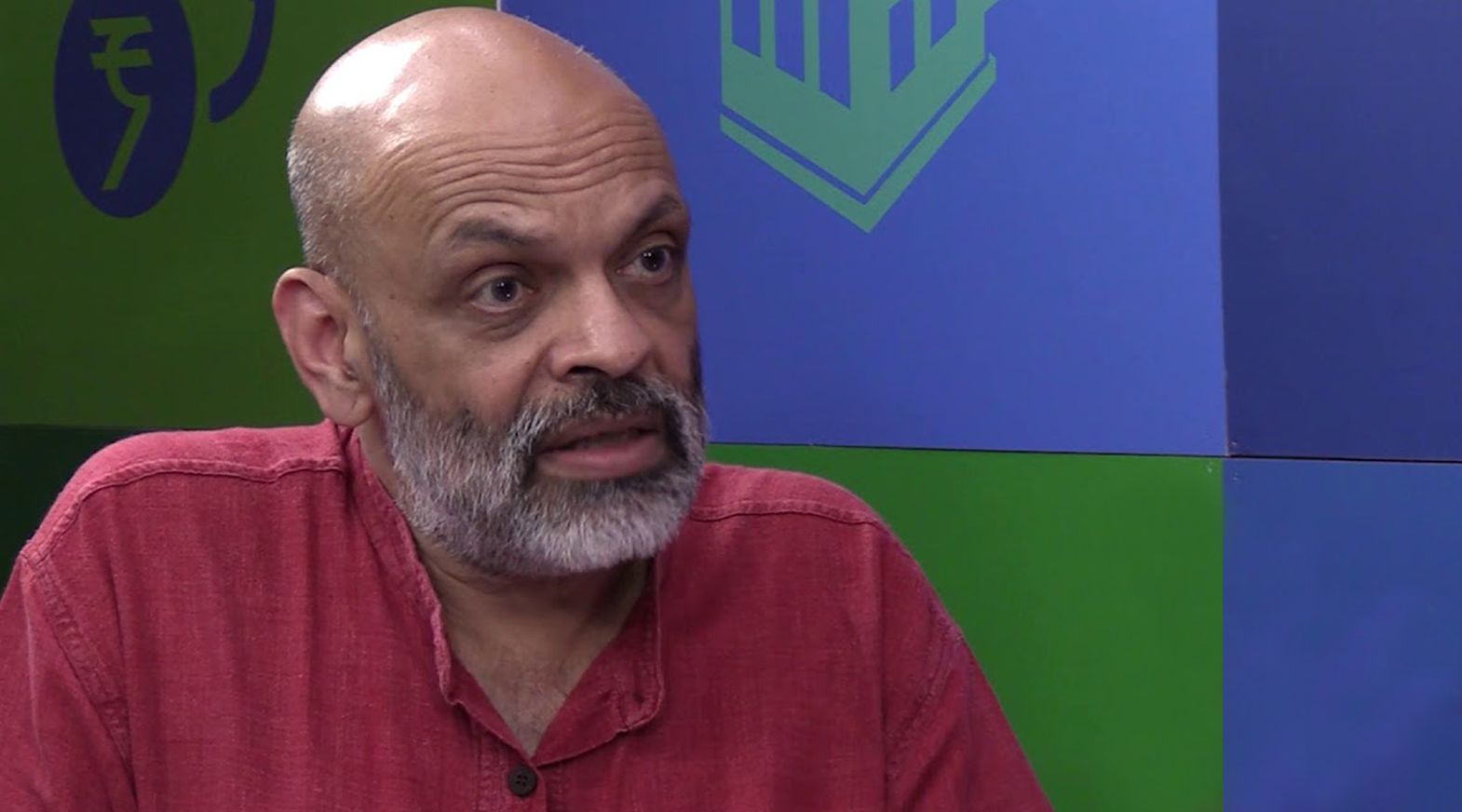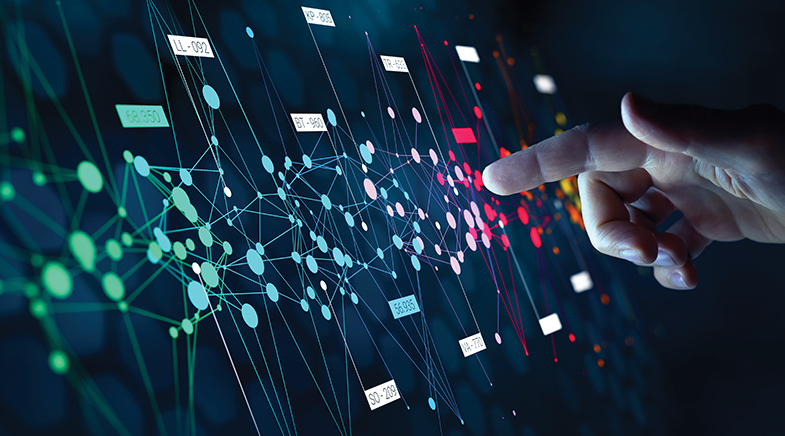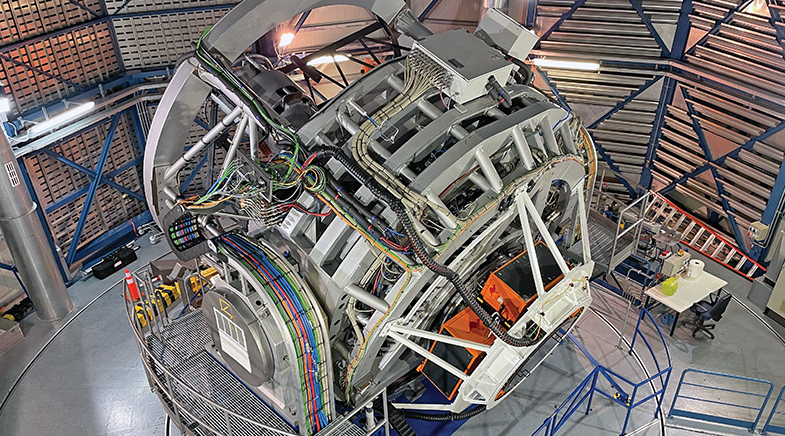A prescription change
-
- from Shaastra :: vol 01 edition 02 :: Jul - Aug 2021
Immunologist Satyajit Rath on why he changed career course, and whether we would have been safer in the wild.

SATYAJIT RATH is a doctor who became fascinated by the field of immunology and switched fields. After seven years' post-doctoral research in India and abroad, Rath joined the National Institute of Immunology in 1991 and stayed there till he retired in 2017. Now a visiting professor at the Indian Institute of Science Education and Research (IISER) in Pune, Rath spoke to Hari Pulakkat on the immune system and how his field of immunology has been changing of late. Excerpts:
It is unusual for a medical doctor to trace the career path you took. What attracted you to immunology?
It is unusual in India certainly, but not so in the global North. In the U.S., the so-called MD-PhD. researchers are common in life science research. As for what attracted me to immunology, there are a couple of answers. It is a field that deals with how individual organisms deal with the pressures and stresses of the external world. The immune system has to respond extraordinarily rapidly, and over evolutionary time it will face a variety of pressures from infecting microbes. As a result, the mechanisms involved in it have to be both very robust and yet in time must constantly change to adapt to local incidental circumstances. Immune systems, like all systems in the body, function on the basis of genes and molecules. But it deals with stresses created by a whole ecosystem. In the COVID-19 pandemic, whatever comes from bats and pangolins and whatever we are suddenly faced with, integrated with social inequity and global travel... that's what the system is faced with. So, there is a broad-spectrum perspective when one is studying the immune system. That makes it very attractive to somebody who has worked as a dilettante researcher with broad interests
From an immune system point of view, do we face greater threats in modern life than in the wild?
Not really. Let me qualify that. I think we face different kinds of stresses in traditional life - as opposed to hunter-gatherer life. In each of these circumstances, the stresses are different. We know that because the COVID-19 virus spreads from breath to breath. Clearly, in small, crowded communities, in urban working-class hutment colonies in India, it will spread very rapidly. But in hunter-gatherer communities, which are small groups of people isolated from each other, it would not have spread so rapidly. On the other hand, urban hyper-crowded societies have far less unreliable access to clean water and adequate and reliable food than a hunter-gatherer society did. So there is a different set of potential infections that a hunter-gatherer society will face. I don't think they are more or less.
Would people develop a more robust immune system if they lived in the wild like the hunter-gatherer societies?
This is why I was stressing that the infection stresses are simply different in hunter-gatherer societies. So would you expect the immune system to look different? Yes. But would you expect it to be stronger or weaker? No. Simply different.
"COVID-19 may not have spread so rapidly in hunter-gatherer communities... But such a society may have faced a different set of potential infections."
We've been hearing that early exposure to germs is essential for the development of the immune system. In affluent cultures, babies are not as exposed to germs. What are the consequences?
I think this is a mistaken approximation - or at least an oversimplification. When we talk about germs, we talk about microbes that cause disease. In reality, we live surrounded by microbes that don't necessarily cause disease. In the wealthiest communities of the world, everybody's bodies have flourishing communities of microbes. So the baby encounters, in the moments of its birth, microbes. And it begins to acquire them from the mother's skin as the baby begins to drink milk. So microbes are an ever-present reality for us. Microbes being important is not the same thing as disease-causing microbes being important.
How has your field changed in the last decade? What have we learned about the immune system?
There is a technological way in which the field has changed enormously. Conceptually the field has changed only in incremental terms. The technological shift (that) immunology has undergone is seen in the ability to collect massive amounts of molecular, cellular and organismal level data. We can sequence individual cell DNA; we can sequence all the RNA the cell is making; we can characterise all the proteins that an individual cell is making... That kind of data-gathering ability has provided a more dramatic change for the discipline of immunology than for other disciplines - in part because the immune system consists of cells that are moving in the body all the time. Because we have no idea where the microbe will enter the body, we have a trafficking system. This means that the same cell is likely to be doing different things in different places in the body. To be able to track that at the level of the individual cell, at the molecular level, and to couple that with whole-body imaging methodology that has also developed, and to see the consequences of the diverse cellular behaviours, this is what has made a massive difference to the field.
Have a
story idea?
Tell us.
Do you have a recent research paper or an idea for a science/technology-themed article that you'd like to tell us about?
GET IN TOUCH














